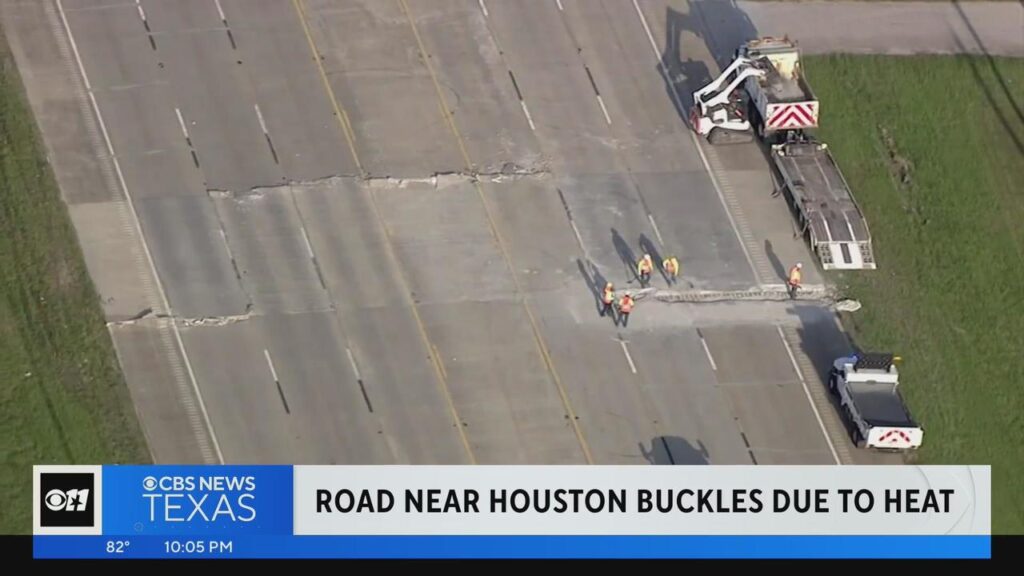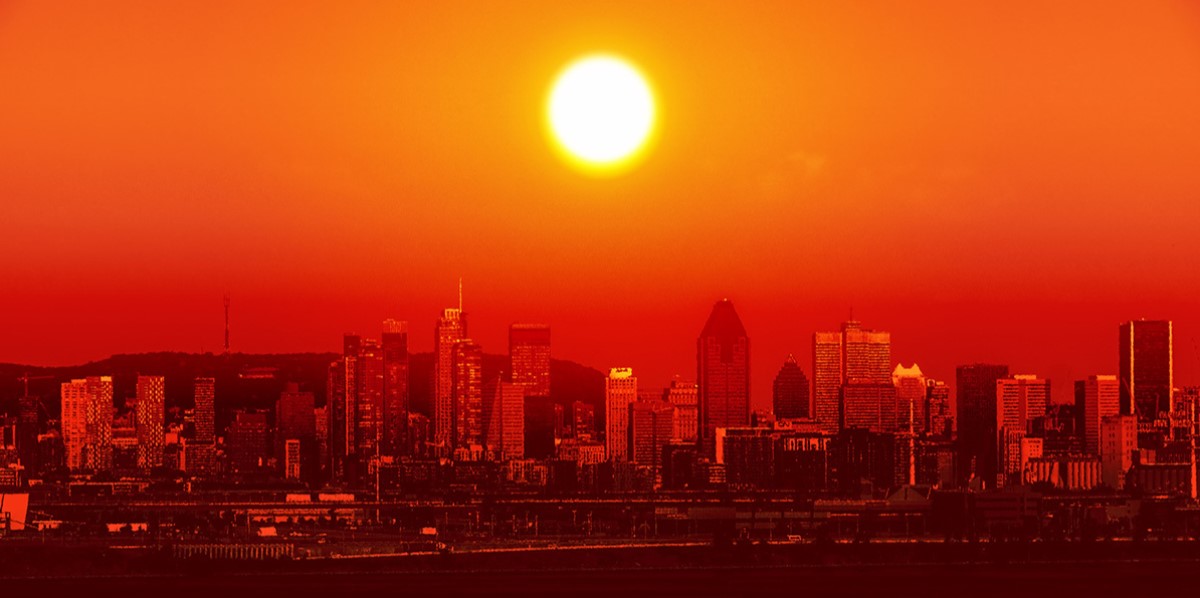The Startling Cost of This (or Any) Summer Heat Wave
From national climatologists to local meteorologists, there is one universal sentiment about the 2023 summer heat wave, “Whew!” Coast to coast, border to border, the United States is experiencing record highs, unlike most years in any decade.
July was the hottest average US – and global – temperature since 1880! NASA shared a visual featuring several different hues of red, including in the Arctic Circle. The month was 0.43° Fahrenheit or 0.24° Celsius warmer than any other surface temperature recording GISS records.
Other than trying to keep cool and drinking a gallon of water daily, what does that have to do with you? More than you think if you look at your bank account.
When dealing with any summer heat wave, a skyrocketing air conditioning bill is usually the first thing that comes to mind financially. As the outside temperature rises, so does yours when considering how much more you’ll spend during these few months.
And we’re all in this one together.
A recent study by the Adrienne Arsht-Rockefeller Foundation Resilience Center estimated extreme heat, like we’re experiencing in 2023, costs the U.S. $100 billion annually, a figure expected to double by 2030. While pilfering through energy company commercials, direct mail announcements and new quotes, we shouldn’t overlook other places where money has vanished.
Agriculture
You are not the only one who struggles with problems stemming from extreme weather and record-breaking temperatures. Have you thought about the agriculture industry? The blistering conditions have almost ceased crop production. In Texas alone, crops have shown stress from a severe lack of soil moisture and livestock gains.
“Similar setbacks occur in cotton fields setting bolls during the heat wave. Stressed cotton plants were aborting bolls to hang on as heat indexes near 120 degrees put plants in survival mode,” said Josh McGinty, Ph., Texas A&M Corpus Christi AgriLife Extension agronomist.
Work

If you work inside most of the day, be grateful. Whether you are inside or outside, a summer heat wave like we’re experiencing now makes us sluggish and less effective.
A 2023 study shows excessive heat impairs cognitive abilities, causing efficiency and user errors. There is also a spike in calling in “sick,” widespread quitting, and output reduction on the job.
Another study shows exposure to “temperatures greater than 85° Fahrenheit leads workers to reduce their workdays by an average of one hour,” compared to when air temperatures are 76–80°F. If you’re driving in traffic, working in an office, or dealing with the elements outside, you know this summer hot wave is having its lack of productivity effects on all of us.
Tourism
Do you enjoy going to the beach? What if the ocean or the Gulf feels like bath water? Popular beachfront destinations in Florida are losing millions because of sunbathing concerns or the discomfort of the water, which ranges anywhere from 84.2°F in St. Augustine to 89.2°F in Key West.
Travel to a beach is usually an expense people gladly pay during the summer, but what if you can’t? The toil on your mental health is the cost of disappointment and inability to get away. If you planned on going to an amusement park, it might have been closed for preventive medical reasons related to heat stroke and waiting in long lines.
Aviation
Don’t even get us started on canceled flights, right? Many people have been trapped in an airport or airplane waiting for a mysterious mechanical issue or someone to work the gate. We all have our stories, some of which may include weather delays like lightning strikes or ice. But what about during a summer heat wave?
We just discussed buckling roads. Airport runways and taxiways are subject to extreme heat, too. Additionally, the heat can decrease air density, which creates substantial problems for liftoff. If you’re in a 777 or a big 747, sitting at Las Vegas Harry Reid Airport for a few hours, the heat may be why you’re losing money trying to connect to your meeting or event in the next city.
Infrastructure

Have you noticed a spike in potholes, warped roads, or highway construction? That may be related to this summer heat wave. Since road travel is related to public well-being, state and local governments don’t make haste in these decisions.
Your struggles in traffic are a pain, but it could be for a more important reason. Beyond Finance’s hometown of Houston has more than a dozen recorded situations of highways buckling or sustaining damage because of the scorching heat. Concrete and tar are no contest for weeks of 100°F consecutive days burning up the construction.
Energy
That bill isn’t the only blowback you may experience when struggling with energy. In July, during the hottest month ever, the National Energy Assistance Directors Association (NEADA) determined all energy costs would increase by 12% across the US. That’s $578, and most of that is in the Southwest Central region of the country at $706.
The demand causes rolling brownouts, which could affect you when you least expect it. How long does it take? Long enough to make you spend money more on your hygiene or even longer to make your produce go bad. There are residual costs that affect us all. Like many before, this summer heat wave is unrelenting with discomfort and unforgiving regarding our bank accounts.
Are the escalating costs of living overwhelming you? Does having uncertainty about paying bills give you stress? You deserve financial peace of mind. We can help. Call us, and your life could change from hot pressure to some cool relaxation time, knowing your debt will be paid off.
